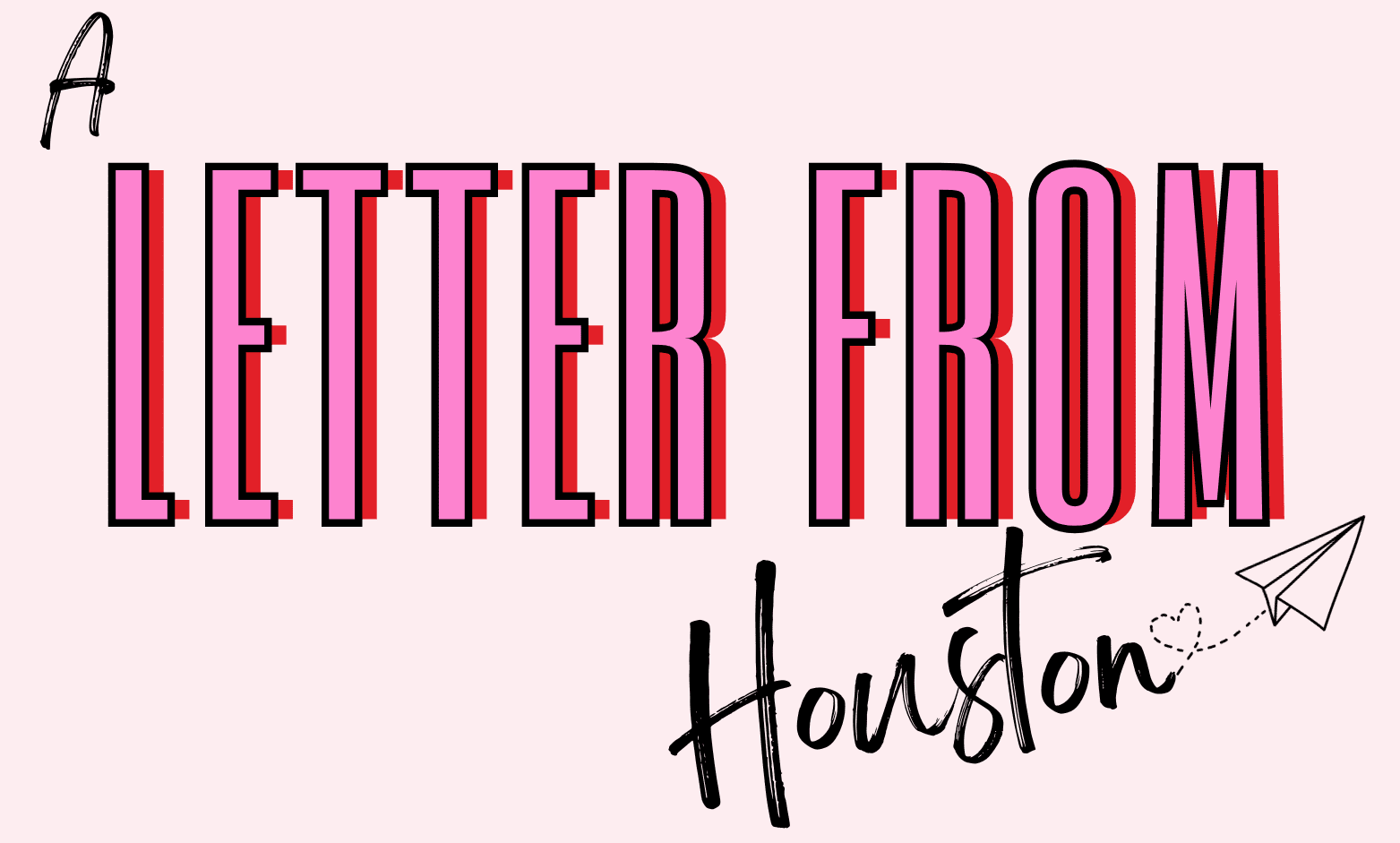Friendship is the comfort in knowing that even when you feel alone, you aren’t. Friends offer us laughter, shared experiences, and a sense of belonging, which is just as vital as the air that we breathe. But, like any other relationships, some friendships aren’t meant to last.
If you’ve recently experienced the heartache of falling out of a friendship, you’re not alone. It’s a pain that many of us have felt, and it can be as devastating as the end of a romantic relationship. The bonds we form with our friends are deep and meaningful, and when they break, it can leave a void that seems impossible to fill.
But here’s the good news: as we can rebuild and heal after other types of loss, we can also bounce back and grow stronger after the loss of a friendship. In this blog, we’ll explore the journey, from acknowledging and processing your emotions to reconnecting with yourself, forging new connections, and finding closure.
During a friendship breakup, it’s important to give yourself permission to flow through your emotions. It’s okay to feel sadness, anger, confusion, or even relief – emotions can be complex and contradictory during this time. The key is to allow yourself to feel and express these emotions. Bottling them up or denying their existence can hinder the healing process. Seeking support from other trusted people, whether it’s friends who’ve stood the test of time, understanding family members, or a professional therapist, can provide you with the safe space and guidance needed to navigate the emotional landscape of friendship breakups. Remember, acknowledging and processing your emotions is the first step toward healing and growth.
Self Reflection and learning to navigate yourself after a friendship ends, is a powerful compass guiding you not through friendships but life in general. Begin by taking time to contemplate the reasons behind the friendship’s end. Was it a clash of values, miscommunication, or growing apart? Understanding the root of the cause can provide valuable insights into your own needs and expectations in future friendships. Equally important is assessing your role in the breakup. Acknowledging your words, actions and the role that you played is key to moving forward. Avoid low blows, or saying things that you will have to apologize for later. Recognizing what you’ve learned from this experience, whether about yourself or the dynamics of friendship, will help you avoid running into situations like this again.
Oftentimes we try to control these situations or persuade the other person to see how our point of view is more important than theirs. When in fact it is about our intentions and understanding how our words or actions made them feel to begin with. Our ego can get the best of us, but it is okay to issue an apology if we are at fault for hurting or offending the other person. Even if we don’t think it is a big deal. It may have been big to them. Being able to look at a situation from a perspective other than your own is a talent. It’s easy to be self-critical or dwell on past mistakes, but remember that healing is a process. Self-reflection and accountability go hand in hand, paving the path toward rediscovering your inner strength and preparing you for the journey ahead.
It’s normal for feelings of hurt, anger, or betrayal to linger. Allow yourself to feel these emotions, but also consider the immense power that forgiveness can hold. Forgiveness doesn’t mean condoning any wrongdoing or reconciling with your former friend. Instead, it’s a gift you give yourself—a release from the heavy burden of resentment and negativity.
Finding closure is tied to forgiveness. Seek ways to let go of the past and embrace the present. Closure is not about forgetting or erasing the memories but about making peace with them.
Lastly, embrace the possibility of healing, even if the friendship is not rekindled. Healing is not contingent on reconciliation. It’s about restoring your sense of balance and finding happiness within yourself. Your journey toward self-healing can be fulfilling, and it can lead you to new friendships and opportunities you may have never imagined. Remember, the path to forgiveness, closure, and healing is yours to navigate, and it holds the potential for a brighter and more peaceful future.
The fact that you are here, seeking healing and self-improvement, is a testament to your inner fortitude.
Now, as you move forward, do so with confidence and positivity. Embrace the lessons learned from your past friendships, recognizing that they are stepping stones toward healthier and more meaningful connections in the future. Trust in your ability to forge new friendships, and nurture existing ones that bring positivity into your life. While some friendships may fall by the wayside, never forget the lasting importance of valuing and nurturing those meaningful connections. Friendships, like the tapestry of life itself, may fray at times, but with care, understanding, and resilience, they can be rewoven into something even stronger and more beautiful. So, step forward with your head held high, the path ahead is filled with the potential for new friendships and a brighter future.
